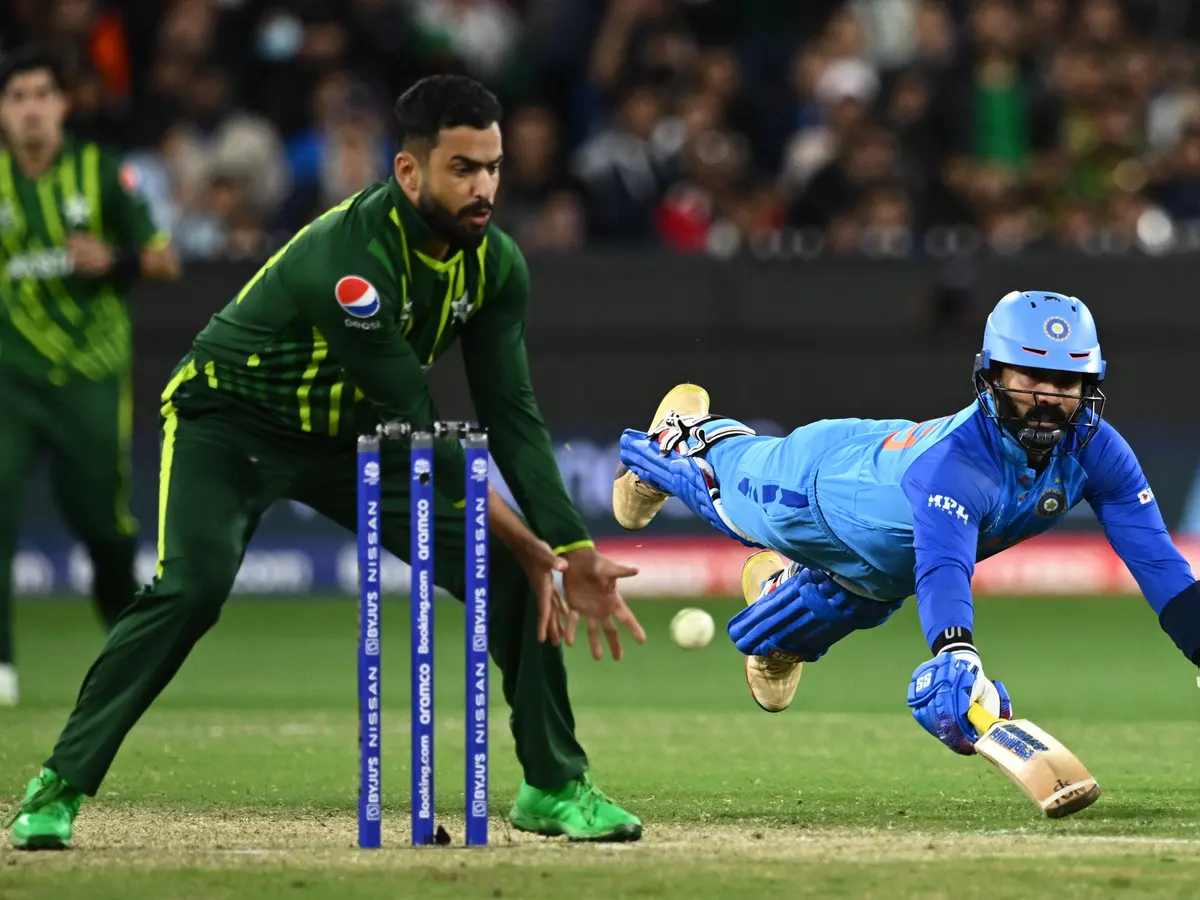The clash between India and Pakistan during the 2024 T20 World Cup will take place in a pop-up stadium on the outskirts of New York, as reported by The Guardian.
The International Cricket Council (ICC) and local organizing committees are set to finalize the full schedule, which includes 10 teams playing their opening group-stage matches in the USA, co-hosted with the West Indies, aiming to engage the large cricket-loving expat communities in America.
While some adjustments to the schedule are still possible, England and Australia are slated to play all their group games in the Caribbean. England’s matches, both in the initial five-team group and, if they progress, in the Super 8 round, will be held in popular British tourist destinations such as Antigua, Barbados, and St Lucia. Meanwhile, Australia will play at various venues in St Vincent, Guyana, and Trinidad.
ICC inspectors have recently assessed Caribbean venues and found that while some improvements and expansions are needed, there are no major issues. The location for the final is likely to be in Barbados, a previous host of the 2007 50-over World Cup and the 2010 T20 event.
In the USA, three venues, namely Central Broward Park in Florida, Grand Prairie Stadium in Texas, and Eisenhower Park on Long Island, will be used. A temporary 34,000-seat stadium will be erected in New York, home to a significant Indian and Pakistani population. Given the 10-and-a-half-hour time difference between New York and New Delhi, organizers have agreed to schedule some matches, especially those involving India, with morning starts to cater to Indian television audiences.
It is worth noting that England holds the title of defending champions after securing victory in the 2022 T20 World Cup in Australia, where they bagged a win over Pakistan in the final.
Presently engaged in a white-ball tour of the West Indies, they’ve competed in both Antigua and Barbados, gaining valuable experience in conditions they’ll encounter upon their return in June. Notably, their last match in St Lucia dates back to 2019.




